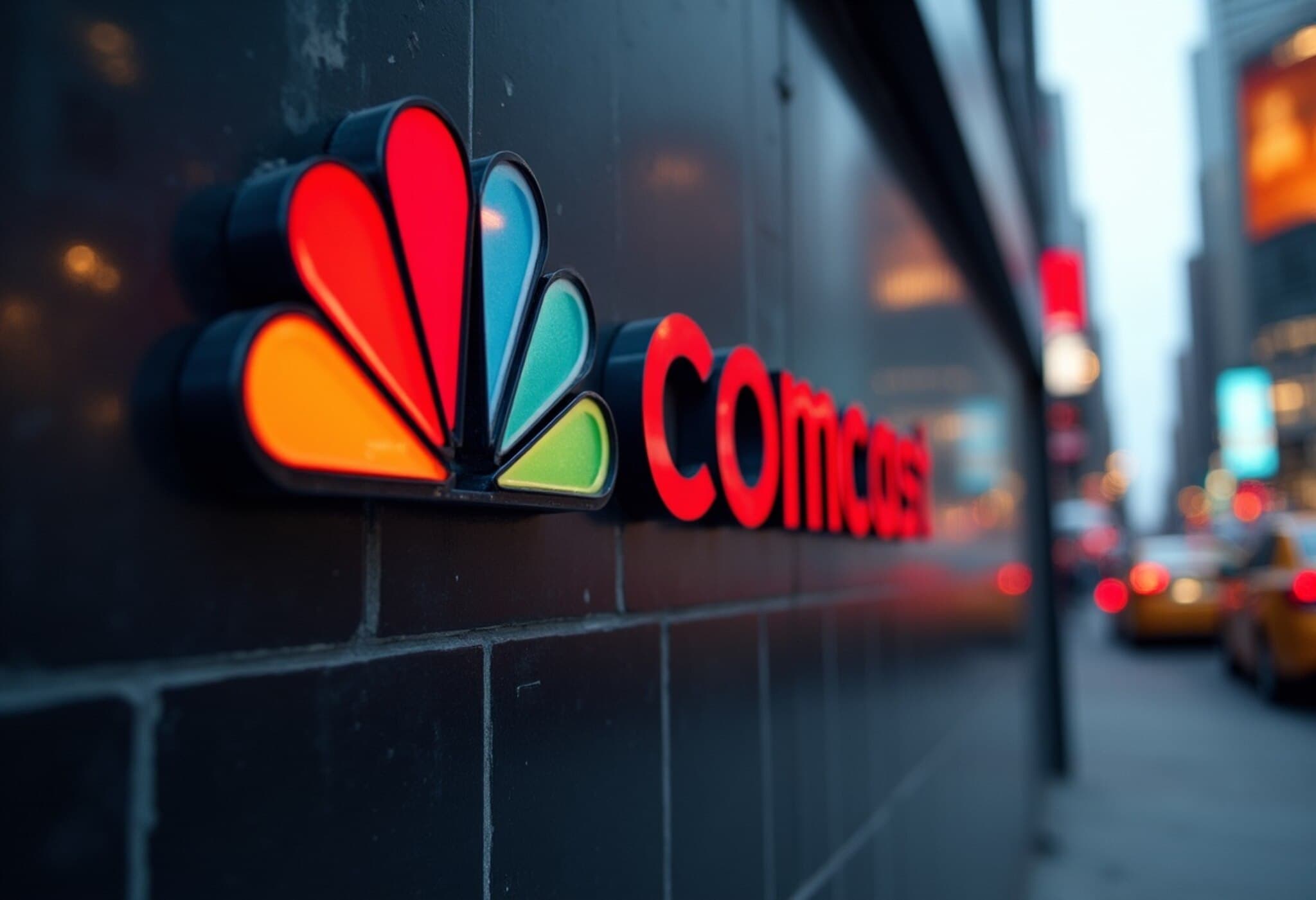Moderna Announces Workforce Reduction Amid Vaccine Market Challenges
Moderna Inc., the Cambridge-based biotechnology leader famed for its groundbreaking Covid-19 vaccines, has announced plans to reduce its global workforce by approximately 10 percent before the end of 2025. This move reflects persistent headwinds in Covid vaccine demand and broad restructuring efforts as the company adapts to an evolving pharmaceutical landscape.
Understanding the Context: Why the Cuts?
In an internal memo shared publicly, Moderna CEO Stephane Bancel conveyed the difficult decision to streamline operations. The company, which employed about 5,800 full-time staff globally at the end of 2024, aims to have fewer than 5,000 employees by year’s end. This reduction coincides with slowing Covid-19 vaccine sales—a trend echoed across the biotech sector as pandemic emergency demand diminishes and competition increases.
Bancel emphasized that despite efforts to avoid workforce impacts, realigning costs to match current business realities is essential. The company has been scaling back in areas like research and development, especially as trials for respiratory-related therapeutics conclude. Supplier contracts are being renegotiated, and manufacturing expenses reduced to improve financial discipline heading toward 2027.
Financial Performance and Market Pressures
Moderna shares have seen a decline of more than 20% year-to-date, underscoring investor concerns over the company’s growth trajectory. Earlier in 2025, the company fell short of Wall Street expectations for vaccine sales. Moreover, ongoing regulatory uncertainties in the U.S., particularly shifts under Health and Human Services Secretary Robert F. Kennedy Jr., add complexity. New vaccine guidelines and policies could potentially restrict vaccine access, complicating Moderna’s market outlook.
Strategic Outlook and Pipeline Prospects
Despite current challenges, Moderna projects a brighter future bolstered by its expanding product portfolio. Recently, the FDA granted approval for Moderna’s next-generation Covid vaccine, marking the company's third approved product. CEO Bancel highlighted the prospect of up to eight additional product approvals in the upcoming three years, signaling sustained innovation in mRNA technology across various therapeutic areas.
The company also plans to reduce annual operating expenses by approximately $1.5 billion by 2027, building on earlier cost-cutting measures designed to ensure long-term competitiveness and resilience.
Human Impact and Corporate Responsibility
Bancel expressed heartfelt gratitude toward employees impacted by the layoffs, acknowledging their dedication and critical role in building Moderna’s pioneering reputation. The announcement underscores the difficult balance biotech companies face between innovation investment and operational sustainability, especially following an extraordinary surge during the pandemic.
Expert Analysis: What This Means for the Biotech Industry
Moderna's decision is reflective of a broader transition in the biotech and pharmaceutical sectors, moving from an emergency pandemic response phase into sustainable, diversified growth models. The sector is now confronted with recalibrating R&D pipelines, cost structures, and market strategies amid fluctuating demand and evolving regulatory frameworks. For investors and stakeholders, Moderna’s recalibration underscores the importance of agility in navigating post-pandemic market realities.
From a policy standpoint, ongoing changes in vaccine regulation signal a critical pivot point in public health management. These shifts could have far-reaching implications not only for vaccine manufacturers but also for public access and trust in immunization programs nationwide.
Looking Ahead: Moderna’s Next Chapters
As Moderna prepares to release its quarterly earnings update, industry watchers will be keen to gauge how well the restructuring efforts align with financial recovery and pipeline progress. The company's ability to innovate, maintain market share, and navigate regulatory headwinds will be decisive in shaping its trajectory over the coming years.
Editor’s Note
Moderna’s workforce reduction reveals the fragile intersection of innovation, market demand, and regulatory landscapes in the biotech sector. It raises essential questions about how companies can sustain rapid scientific advancements while managing financial pressures and employee welfare. For readers, it’s a reminder of the human and economic layers behind headline pharmaceutical breakthroughs, emphasizing the need for balanced strategies in health innovation.












